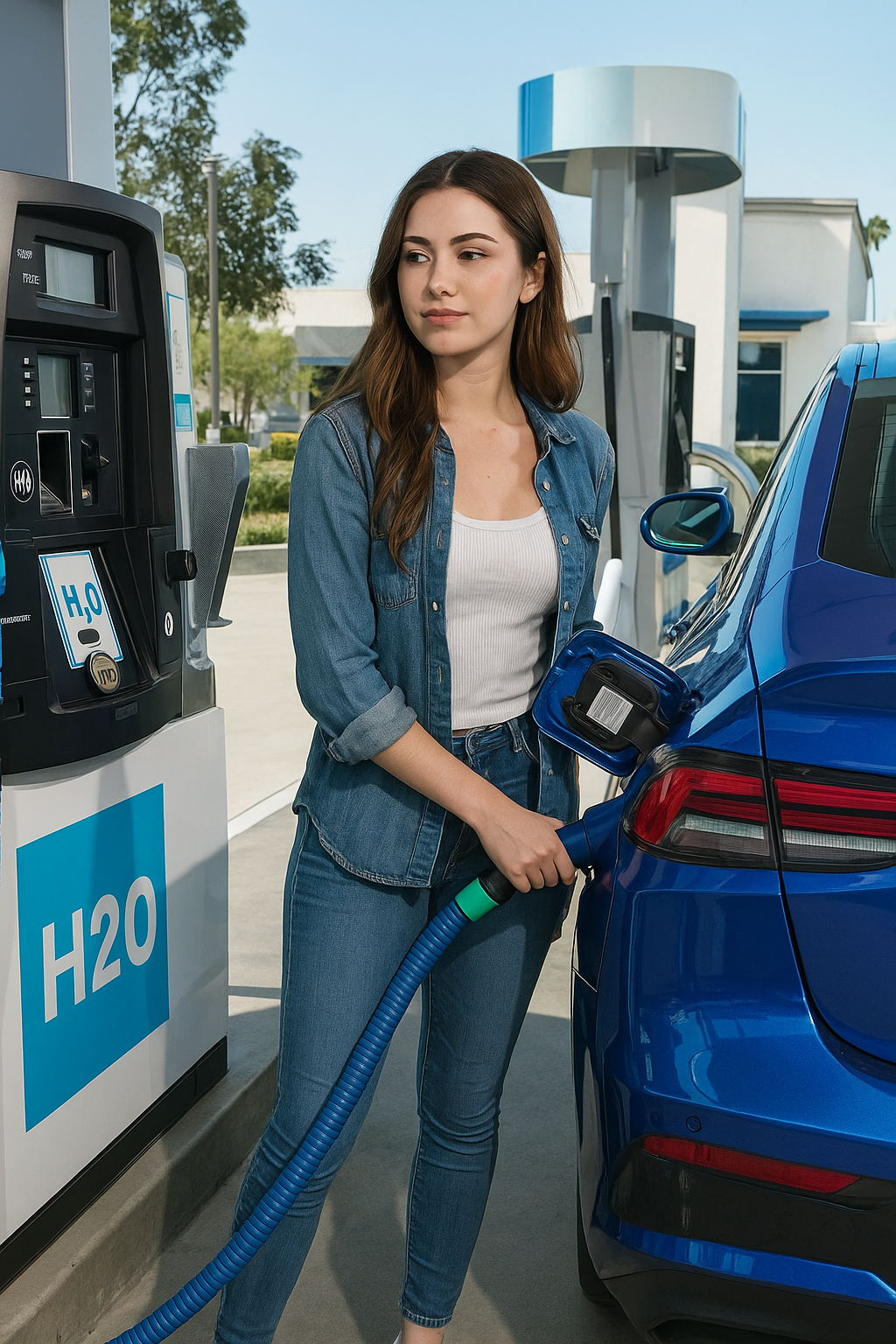Palm Coast Local
Locals Helping Locals

What If Cars Could Run on Water?
- Details
- Written by: Paul H Pride
- Parent Category: Business Blog
- Category: Tech Matters

How It Might Work (in Plain English)
At the core is chemistry. Water (H2O) can be split into hydrogen and oxygen through electrolysis. The hydrogen becomes the energy carrier: it can be burned in a modified engine or used in a fuel cell to make electricity that drives motors. Done right, the only tailpipe output can be water vapor.
Why it’s exciting: quick refueling, long driving range, and potentially fewer emissions than gasoline. Why it’s hard: producing hydrogen takes energy, and if that energy isn’t clean, the environmental benefits shrink. We’d also need new infrastructure for production, storage, and “fill-ups.”
EVs vs. Water Engines: Complement, Not Cage Match
Electric vehicles are gaining ground in Flagler County, with more chargers popping up. Still, cost, range anxiety, and charging time remain hurdles for some drivers. A practical water-based system—if it arrives—could feel familiar (fast refueling) while reducing emissions. More likely, we’ll see a mix of solutions: EVs, hybrids, and hydrogen-derived tech each serving different needs.
Could Palm Coast Help Build What’s Next?
Here’s the local opportunity. Palm Coast has room to grow, a skilled regional workforce, and a community that values clean air and natural beauty. What if we invited green transportation R&D—from major automakers to startups—to test, train, and pilot projects here? That could mean jobs, investment, and a reputation as a Florida hub for sustainable mobility.
Think pilot fleets on our roads, technician training with local schools, and partnerships that support both innovation and conservation. Lifestyle and technology, thriving together.
The Realistic Road Ahead
Skeptics make valid points: hydrogen isn’t a silver bullet, and building the ecosystem is a heavy lift. But even if water engines take years—or never fully land
Add comment